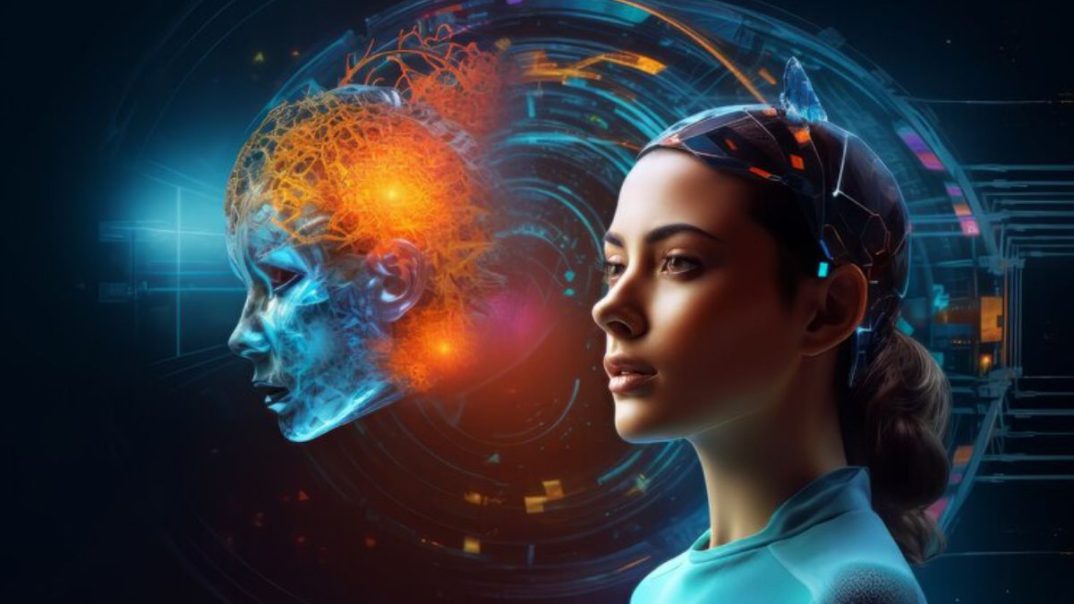By Amitabh Misra
As the world is well and truly in the midst of the AI Age, the transformative impact that AI technology is having on global systems is matched only by the speed and scale with which it has been adopted by the multitude of global sectors. From online interactions on social media to powering the phone-based virtual assistants that we rely on, AI technology is redefining not just the tech sector, but creating ripple effects that are affecting every aspect of human life.
It is thus fitting to consider Generative AI as the new Industrial Revolution of the 21st Century – given its far reaching capabilities that are reinventing and redefining the way the global economy operates for both individuals and organizations. While still in their early developmental stages, Generative AI models like GPT, Meta’s Llama, Stable Diffusion and Mid Journey have already become household names, and are viewed as the most effective force multipliers in their categories. It is no wonder then that the Indian government has committed to an investment of Rs. 10,371 crore for the national-level India AI Mission, dedicated to nurturing the growth of this essential sector.

Limited edition, unlimited appeal

BrandWagon Exclusive: Cooking up a storm! How Hindi GEC Colors have managed to crack the code on comedy with Laughter Chefs

Game of the Week: Ludo King

Why brands need to pay attention to this generation and the potential long-term benefits of early brand loyalty
The impact of Generative AI is being felt across levels in the economy today. On the macro level, governments are employing the learning capabilities of Generative AI to work towards the long-term goals of improving sustainability efforts, public services, and smart city integration. In the more immediate timeline, businesses are already using Generative AI to unlock new levels of productivity and efficiency today, completely reinventing the way several industries operate. Its capabilities to analyze vast amounts of data in real time to extract and action insights makes it invaluable for businesses that require rapid decision making, and is essential to scale the size of operations and product offerings while maintaining quality. The widespread adoption of this by market leaders has shifted the stage to be such that AI-powered high performance services are the industry norm in several categories.
Of these established norms, hyper personalisation is one of the most well-known features for its widespread application in customer-facing platforms. From retail to social media to entertainment, AI based adaptive algorithms power the exceptional personalized customer experiences we enjoy as end users of platforms like Amazon, Netflix, Spotify, and YouTube. Generative AI is also the engine behind the concept of seamless customer journeys and rapid responses in Customer Experience Management for businesses. Microsoft’s partnership with Sprinklr’s Social Listening platform is a prime example of this, through which it is able to track consumer sentiments and mentions on social media in real time and rapidly address their grievances at a fraction of the traditional response time. Finally, Generative AI powered security is setting a new benchmark among enterprises, especially those in the financial services space. Companies like VISA & MasterCard utilize AI models to monitor millions of transactions and flag potentially fraudulent activity, safeguarding users faster and more effectively than any traditional operations.
These norms are among the first of many to come with advancements in Generative AI, and are setting new benchmarks for industries in terms of features, efficiency, and user-friendliness. With each new innovation powered by AI, the expectations of consumers from businesses also evolve to encompass these features. Thus, the new age AI integrations are not only transformative for the services businesses, but also for educating customers on being able to better engage with the business – boosting both efficiency and volume of business for companies. This results in Generative AI essentially supercharging businesses to perform at the best of their organizational ability, bringing both improved performance and boosting end user experience in an ideal win-win economic scenario.
It is essential to contextualize this information – most AI platforms are currently in their first iterations and are constantly self-improving with training based on incoming data. As such, coming years are likely to bring order of magnitudes of improvement to their capabilities. We believe that the AI Industrial Revolution is yet to reach its peak, and we can expect an accelerating trend towards the use of AI technology in coming years as more scalable and capable models are launched. The present potential of AI technology signals that it can power a large number of applications of human intelligence and innovation at scale – an invaluable asset in accelerating the development of fields like science, technology, and design. Further, new AI models are being trained by governments to specialize in the management of infrastructure, healthcare, and urban planning towards the goal of smart cities.
As we stand on the precipice of what promises to be a transformative era driven by AI, it’s evident that we’re witnessing the dawn of a new Industrial Revolution. Generative AI, with its profound ability to revolutionize industries and redefine consumer expectations, stands at the forefront of this paradigm shift. As this technology evolves and matures, its impact will only amplify, driving innovation and efficiency across global economies. The journey ahead is promising, and it’s clear that the true potential of AI is yet to be fully realized.
The author is CTO, Sprinklr
(Views expressed are the author’s own and not necessarily those of financialexpress.com)
Follow us on Twitter, Instagram, LinkedIn, Facebook




